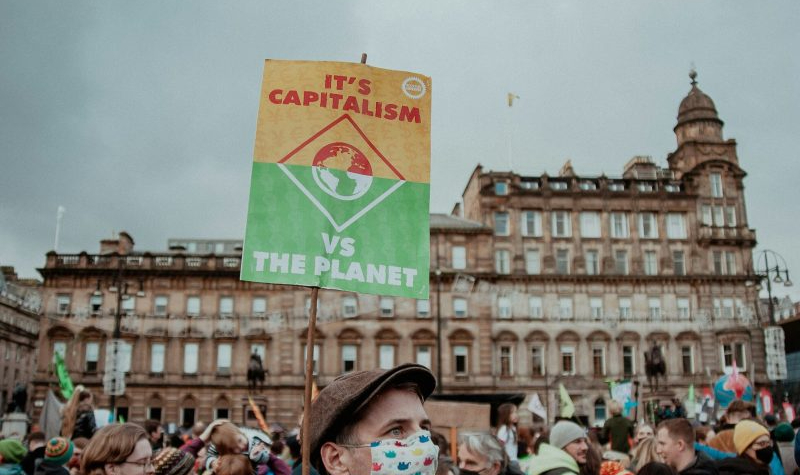
Divestment Campaigning: From Risk to Opportunity

In the eyes of activists, investor power comes with investor responsibility. Recent prominent policy announcements such as Barclays’ commitment on fossil fuel finance demonstrate the power of divestment campaigning to influence financial institutions’ policies.
The NGO view of financial institutions as active enablers is now well established, and if your institution is not being hit yet, it may be soon.
But there are opportunities to be seized by monitoring activist campaigning trends. Finance is in a unique position – NGOs tend to criticise polluting projects directly for some time before following up with targeting of investors. This delay presents the perfect opportunity for investors and insurers to evaluate and mitigate risks before the storm hits.
How to judge risk? Look at campaigning
If you want to judge the risk of an investment decision, look at the activist reaction to other projects with a similar profile – have they found something on the ground that your due diligence has not? There are plenty of cases where regulation says go, but reputation says no, and paying close attention to developments in activist campaigning is the perfect way to forecast this.
And it’s not just reputation. When looking at the longer-term ESG regulatory landscape, activist activity can be a crystal ball. Campaigners were fundamental in shaping the EU’s CSDDD, and while finance may be excluded from scope, other industries are not, and this affects the risk of investments.
The case for being proactive is strong, even if you’re not directly targeted yet.
And if you don’t?
It’s not just about the risk of your investments being targeted, or of new regulation impacting returns on those investments. There are direct risks for investors, too:
Customer loss: Some major investors are also high-street banks. Switching your current account is not that difficult, and if NGO narratives make an impression on consumers, they might just turn elsewhere.
But what activists are really hoping for is that investors pass this risk along to the companies they invest in and apply (public or private) pressure to drive positive impact for people and planet.
Regulation of finance: NGOs are always calling for regulation. They are long past being sold on the idea that business will drive transition through voluntary action. They want solid rules and sanctions for breaches, and finance is well within scope here, too.
It all comes back to that power that finance has. If NGOs think you’re using it well, they might just keep the bulk of their regulatory focus elsewhere.
The bottom line
The time to evaluate campaigning risks and turn them into opportunities is now, before you’re subject to calls for boycotts, accused of complicity in climate-deaths, or crimes against humanity. That’s when consumers and regulators start listening, too.